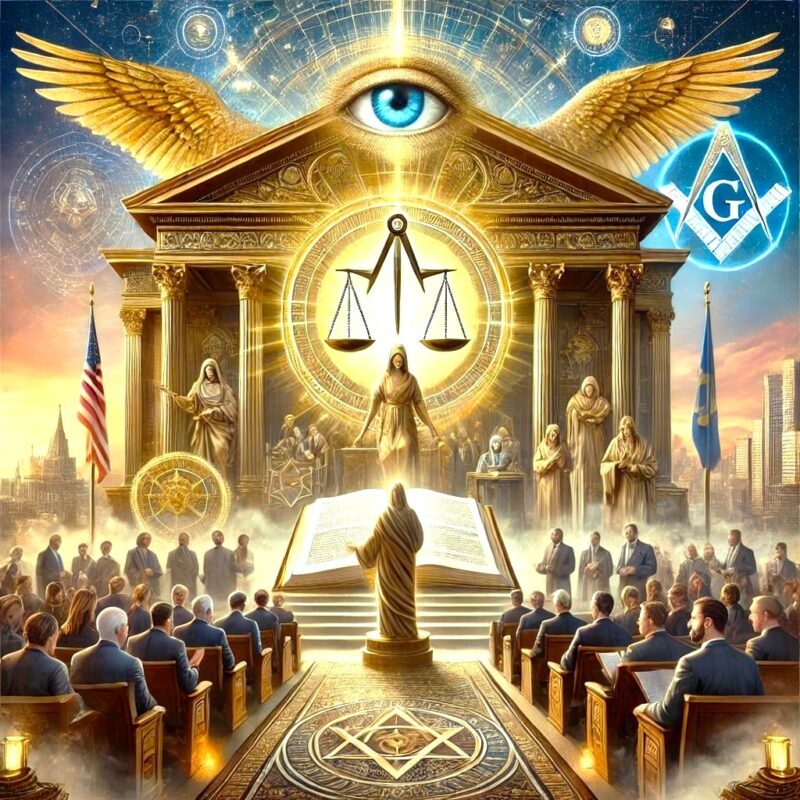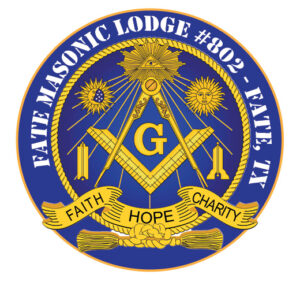
Freemasonry is a fraternal organization with roots in the stonemason guilds of medieval Europe that have evolved into a fellowship based on shared moral ideals [for more information on the origins of Freemasonry click here https://fatemasoniclodge802.com/general-information/the-origins-of-freemasonry-well-sort-of/ ]. Though the organization maintains discretion regarding its internal workings, Masonic ideals have had an indelible mark on contemporary ethics, governance, and social justice. The fraternity’s core principles are brotherly love, relief, and truth, which have contributed to ethics, governance, and social justice.
| Masonic Value | Modern Governance Contribution |
|---|---|
| Brotherly Love | Fosters unity and inclusivity within communities and public institutions. |
| Relief | Inspires philanthropic efforts, ensuring support for social welfare initiatives. |
| Truth | Promotes transparency and accountability in leadership and civic discourse. |
Ethical Frameworks and Moral Development
Freemasonry emphasizes moral development and ethical conduct, encouraging members to live virtuous lives and uphold high standards of personal integrity. It stresses the importance of character, teaching members to be honest, just, and compassionate, cultivating a culture of ethical behavior within communities where Freemasons are active. The fraternity promotes tolerance and respect for differing viewpoints, emphasizing the common humanity that unites all people, fostering dialogue and understanding across cultural and religious divides.
Freemasonry encourages members to strive for self-improvement, both intellectually and morally, spurring many Freemasons to become leaders in their communities and contribute to advancements in science, arts, and philanthropy. Freemasons hold truth as a supreme value, encouraging a continuous quest for knowledge, wisdom, and understanding, fostering transparent communication and sound decision-making.
By emphasizing brotherly love, Freemasonry reminds people that every human being deserves respect, building stronger communities and creating environments where people collaborate and thrive.
Relief is an active commitment to help those in need, with a long tradition of philanthropic endeavors that has left its mark on public institutions, hospitals, schools, and charities and spurred modern social movements that advocate for equality, assistance for the disadvantaged, and humanitarian efforts worldwide.
Masonic teachings emphasize the importance of personal responsibility and that a just society must be built upon individual virtue.
Governance and Civic Engagement
Freemasonry has significantly influenced the development of modern governance and civic engagement. The structure of Masonic lodges, with their emphasis on elected officers and democratic decision-making, reflects the principles of representative government. Many of the Founding Fathers of the United States drew upon these principles in shaping the American experiment.
Freemasonry instills a strong sense of civic duty, encouraging members to participate actively in their communities and contribute to the common good, leading many Freemasons to hold positions of leadership in government, business, and charitable organizations.
The Masonic emphasis on adherence to rules and regulations has contributed to developing a strong respect for the rule of law, ensuring that all citizens are treated fairly and equally.
Historically Freemasonry has supported education in many ways, from establishing schools and libraries to supporting the concept of public education. In fact, it was the Freemasons that established the first education system in the State of Texas during the 19th century.
Masonic principles have often intersected with the ideas that underpin modern governance, particularly the ideals of democracy.
Leaders inspired by Masonic principles tend to champion transparency, accountability, and ethical conduct within their administrations.
Freemasons believe in contributing to the welfare of society through active civic involvement, encouraging citizens and public servants alike to engage in dialogue and collaborative problem-solving.
Core tenets of Freemasonry align closely with democratic values, advocating for fair leadership, civic responsibility, and the protection of human rights.
Social Justice and Philanthropy
Freemasonry’s commitment to relief has translated into a long history of philanthropic endeavors and a growing emphasis on social justice. Masonic lodges have a long tradition of supporting charitable causes, aiding the poor, the sick, and the disadvantaged, helping to alleviate suffering and improve the lives of countless individuals.
Freemasonry has historically supported vulnerable populations, including orphans, widows, and the elderly, establishing hospitals, orphanages, and retirement homes, providing essential services to those in need.
While Freemasonry is not a political organization, its emphasis on equality and justice has inspired many members to advocate for social change and has been active in movements for civil rights, human rights, and social reform.
Lodges often participate in local community projects, reinforcing the idea of social responsibility and the importance of helping those in need.
Freemasonry encourages its members to question societal hierarchies that undervalue or exclude individuals based on race, gender, or social status and has often stood at the forefront of reform movements aiming to dismantle systemic inequalities.
Educational programs, scholarships, and health initiatives founded by Freemasons have created opportunities for those who might otherwise face obstacles.
Freemasonry’s emphasis on tolerance and open discussion has long paved the way for resolving conflicts and bridging social divides, leading to community dialogues that address social grievances, encourage reconciliation, and promote lasting peace.
Masonic organizations run hospitals, educational programs, and social services that benefit millions worldwide.
Modern Relevance
The timeless ideals of Freemasonry remain remarkably pertinent, with many modern organizations echoing Masonic precepts through commitments to transparency, ethical leadership, and social responsibility. The universal values of truth, brotherhood, and relief provide a moral compass, shaping individuals who are not only skilled but also committed to the betterment of society.
The freethinking and inclusive spirit of Freemasonry offers a model for building bridges between disparate groups, helping to heal social rifts and encourage collaborative problem-solving around challenges such as racial injustice, economic disparity, and political distrust.
The principles taught in the lodges offer a beacon of hope for those seeking to restore trust and integrity in public institutions.

